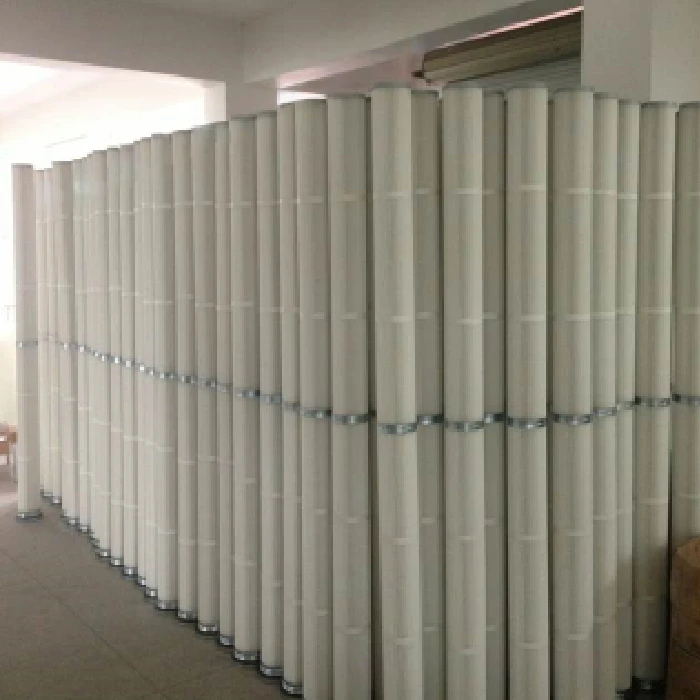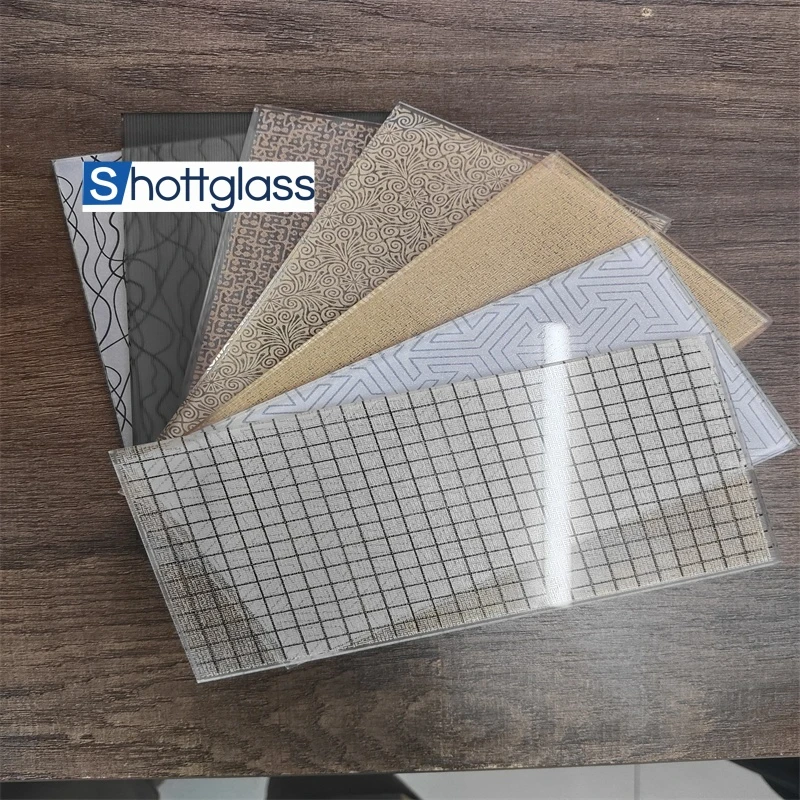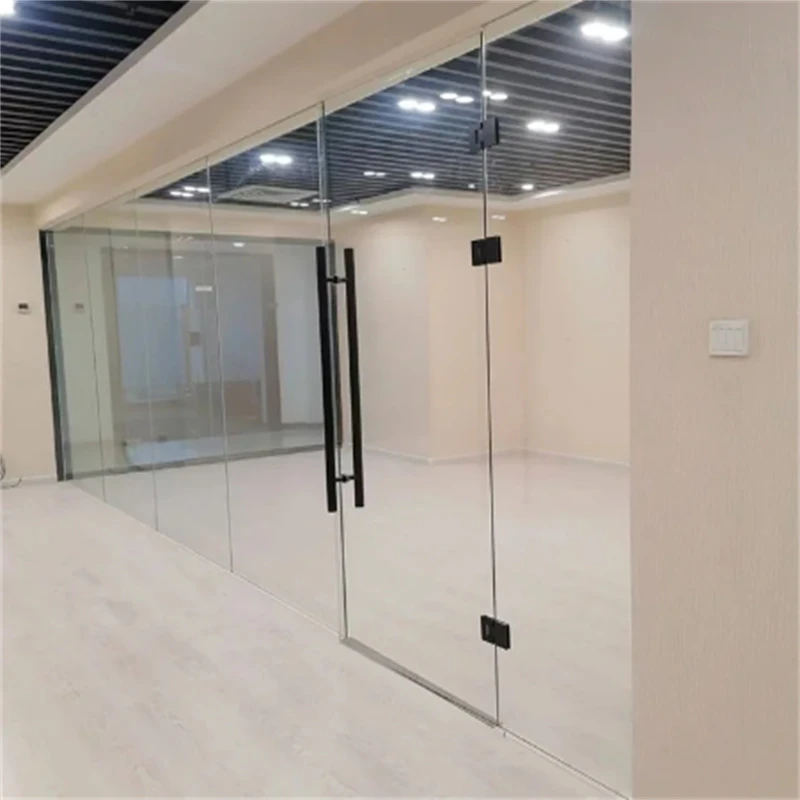9 月 . 10, 2024 19:28 Back to list
Tin Bath Float Glass - High-Quality Float Glass Solutions
Understanding the Tin Bath Process in Float Glass Production
The tin bath process is a pivotal technology in the production of float glass, a widely used material in construction, automotive, and numerous other applications. This innovative method, developed in the mid-20th century, has revolutionized the way glass is manufactured, providing a superior level of quality in glass flatness and surface finish.
Understanding the Tin Bath Process in Float Glass Production
Floating on the tin, the glass spreads evenly, creating a uniform thickness as it moves down the length of the tin bath. This method eliminates the need for mechanical rolling or pressing, which can introduce imperfections into the glass. As the glass floats on the tin, it experiences an incredibly smooth surface, resulting in high-quality optical properties. The flatness achieved through this process is unparalleled, making float glass the preferred choice for applications requiring clarity and precision.
tin bath float glass

After the glass has reached the desired thickness and has flowed enough, it exits the tin bath and enters the annealing lehr, a controlled cooling chamber. Here, the glass is gradually cooled to relieve internal stresses, ensuring its durability and strength. The annealing process is critical, as it helps avoid defects such as warping or cracking that can occur if the glass cools too quickly.
The tin bath process not only enhances the quality of float glass but also improves production efficiency. The use of molten tin allows for a continuous manufacturing process that can produce large sheets of glass with minimal handling. This method reduces waste and enables manufacturers to scale production according to demand.
Environmental considerations are also addressed in the tin bath process. The closed-loop system used in modern float glass plants helps to minimize emissions and promotes recycling of materials. The tin used in the process is retained and reused, reducing the overall ecological footprint of glass manufacturing.
In summary, the tin bath process has significantly advanced the production of float glass, offering unmatched quality and efficiency. The ability to produce large, flat sheets of glass has transformed industries, making it an indispensable material across various sectors. Its continuous development and adaptation promise to keep float glass relevant in an ever-evolving marketplace.
-
Wired Glass: A Strong and Secure Glass Solution for Various Applications
NewsNov.04,2024
-
Tinted Glass: A Stylish and Functional Choice for Modern Homes
NewsNov.04,2024
-
The Elegance and Versatility of Silver Mirrors
NewsNov.04,2024
-
The Advantages of Copper Free Mirrors
NewsNov.04,2024
-
Tempered Glass: A Reliable Choice for Modern Applications
NewsNov.04,2024
-
Pattern Glass: Stylish and Functional Glass for Modern Design
NewsNov.04,2024
Related PRODUCTS














